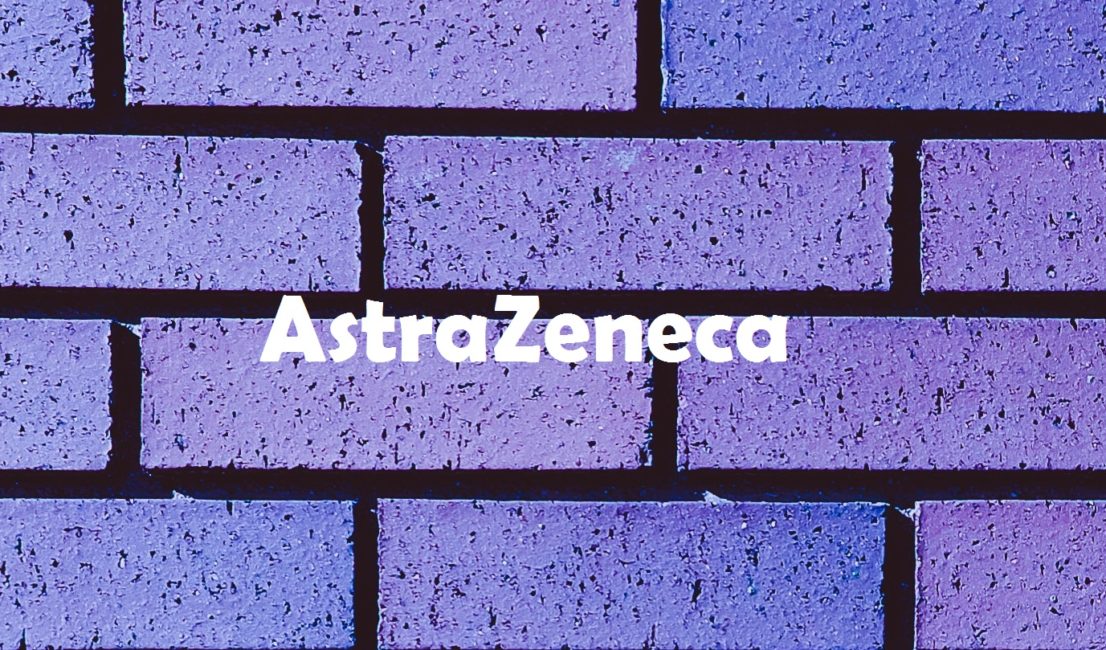May 06, 2020: “Farxiga is the first SGLT2 inhibitor proven to significantly reduce the risk of cardiovascular death and hospitalisation for heart failure
AstraZeneca’s Farxiga (dapagliflozin) has been approved in the US to reduce the risk of cardiovascular (CV) death and hospitalisation for heart failure in adults with heart failure (NYHA class II-IV) with reduced ejection fraction (HFrEF) with and without type-2 diabetes (T2D).
The approval by the Food and Drug Administration (FDA) was based on positive results from the landmark Phase III DAPA-HF trial, which showed Farxiga achieving a statistically significant and clinically meaningful reduction of CV death or hospitalisation for heart failure (HF), compared to placebo.
The decision follows the Priority Review designation granted by the FDA earlier this year and the Fast Track designation granted in September 2019.
Farxiga is the first sodium-glucose co-transporter 2 (SGLT2) inhibitor approved by the US FDA indicated to treat patients with HFrEF (LVEF ≤ 40%).
Mene Pangalos, Executive Vice President, BioPharmaceuticals R&D, said: “With the approval of Farxiga, we have reached a critical milestone to potentially transform heart failure treatment for the millions of people living with the condition in the US.
We are now one step closer to making a significant impact on their lives by providing a much-needed treatment to help reduce their disease burden and live longer.”
John McMurray, MD, Cardiovascular Research Centre, Institute of Cardiovascular and Medical Sciences, University of Glasgow, UK, said:
“The ground-breaking results of the DAPA-HF trial have transformed heart failure therapeutics.
Today’s approval provides physicians with a completely novel pharmacological approach that greatly improves outcomes for patients with heart failure with reduced ejection fraction.”
The DAPA-HF trial showed that Farxiga, in addition to standard of care, reduced the risk of the composite outcome of CV death or the worsening of HF versus placebo by 26% (absolute risk reduction [ARR] = 5% [event rate/100 patient years: 11.6 vs 15.6, respectively]; p<0.0001) in patients with HFrEF. During the trial duration, one CV death or hospitalisation for HF or an urgent visit associated with HF could be avoided for every 21 patients treated with Farxiga.
The safety profile of Farxiga in the DAPA-HF trial was consistent with the well-established safety profile of the medicine. The data from the DAPA-HF trial were published in The New England Journal of Medicine.
In October 2019 the US FDA approved Farxiga to reduce the risk of hospitalisation for HF in adult patients with T2D and established CV disease or multiple CV risk factors. The approval was based on the DECLARE-TIMI 58 trial.
Farxiga is also indicated as an adjunct to diet and exercise to improve glycaemic control in adults with T2D.
HF is a life-threatening disease in which the heart cannot pump enough blood around the body.
It affects approximately 64 million people worldwide (at least half of which have a reduced ejection fraction) and six million in the US.
It is a chronic disease where half of patients will die within five years of diagnosis.
There are two main categories of HF related to ejection fraction (EF), a measurement of the percentage of blood leaving the heart each time it contracts: HFrEF and heart failure with preserved ejection fraction (HFpEF).
HFrEF occurs when the left ventricle (LV) muscle is not able to contract adequately and therefore, expels less oxygen-rich blood in to the body.
HF remains as fatal as some of the most common cancers in both men (prostate and bladder cancers) and women (breast cancer).
It is the leading cause of hospitalisation for those over the age of 65 and represents a significant clinical and economic burden
DAPA-HF (Dapagliflozin And Prevention of Adverse-outcomes in Heart Failure) is an international, multi-centre, parallel-group, randomised, double-blinded trial in 4,744 patients with heart failure and reduced ejection fraction (LVEF ≤ 40%), with and without T2D, designed to evaluate the effect of Farxiga 10mg, compared with placebo, given once daily in addition to standard of care.
The primary composite endpoint was time to the first occurrence of a worsening heart failure event (hospitalisation or equivalent event; i.e. an urgent heart failure visit), or cardiovascular death. The median duration of follow-up was 18.2 months.
Farxiga (dapagliflozin) is a first-in-class, oral once-daily SGLT2 inhibitor indicated in adults for the treatment of insufficiently controlled T2D as both monotherapy and as part of combination therapy as an adjunct to diet and exercise to improve glycaemic control, with the additional benefits of weight loss and blood-pressure reduction.
In the DECLARE CV outcomes trial in adults with T2D, Farxiga reduced the risk of the composite endpoint of hospitalisation for HF or CV death versus placebo, when added to standard of care.
Farxiga is currently also being evaluated for patients with chronic kidney disease (CKD) in the Phase III DAPA-CKD trial, which has been stopped early after a Data Monitoring Committee determination of overwhelming efficacy.
The FDA has granted Fast Track designation for the development of Farxiga in CKD. Additionally, Farxiga is also being tested for patients with HF in the DELIVER (HFpEF) and DETERMINE function and symptom (HFrEF and HFpEF) trials.
Farxiga has a robust programme of clinical trials that includes more than 35 completed and ongoing Phase IIb/III trials in more than 35,000 patients, as well as more than 2.5 million patient-years’ experience.”


